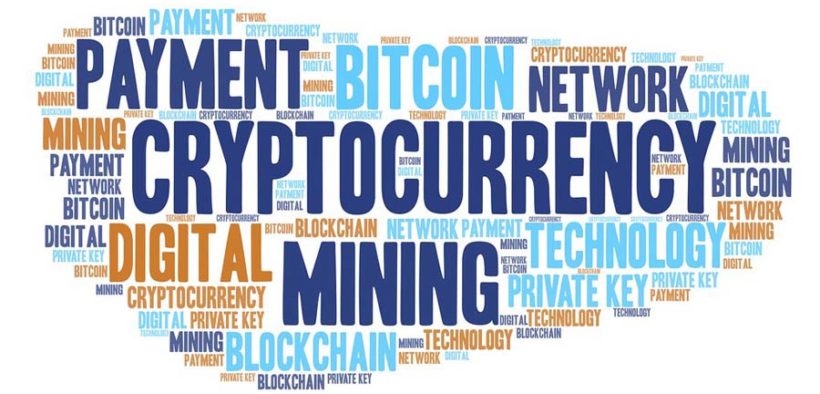Practical Techie: Digital money seen as a damper for political corruption

The famous Mexican actress Maria Félix said it candidly: “Money is not the most important thing in life, but it does calm your nerves.”
Others say that money indeed makes the world go ‘round. Truly, it has been humanity’s instrument of barter and exchange goods since time immemorial.
Also, since long ago, coinage has been a tool for speculation, illegal gain, graft, and brutal exploitation. Bright minds are now suggesting political corruption can be staved off with digital currency. Puerto Rico may be on such a track.
HARD CURRENCY — Paper money is based on faith, a collective agreement to value something which has no value otherwise. It is true now more than ever on our side of the world. In the 1970s, President Richard Nixon removed the gold standard as the valued support for the US dollar, presumably to stave off speculators.
Why the sudden interest now in virtual currency? The historical evolution of money tends to be constantly more portable. Technological advancements now allow users to carry digital currency on their mobile devices, like a coin purse of the old days.
BITCOINS — Money has its next most significant transformation in our technological age. It is redesigned for cashless digital payments such as Bitcoin, altcoins, and cryptocurrency. All three still encapsulate the essence of money.
Bitcoin was “invented” in 2008 and released as open-source software a year later. This new fiscal paradigm moved money away from banks and out of hard currency. According to Coinkeek, Bitcoin is again a faith-in value system in a network dedicated to processing computational monetary transactions through a system called Metanet.
Meanwhile, more cyber money keeps emerging these days, such as Ethereum (ETH), Ripple (XRP), Tether (USDT), and Litecoin (LTC). These are financial assets regulated only by electronic encryptions, not by banks.
PUERTO RICO — The Commonwealth has shown interest in becoming a hub for digital assets and blockchain investments.
Puerto Rico’s no capital gains tax includes crypto-currency investments.
Though not an official policy, politicians at the Legislature also recently expressed the possibility of using blockchain technology to combat political corruption. House Speaker Rafael Hernández confirmed to Bloomberg that lawmakers want to meet with blockchain experts to seek a virtual currency infrastructure for transactions with public finances. Hopefully, this would bring more accountability to government funds and help “jump-start” the economy.
Hernández is quoted as saying Puerto Rico has a financial credibility problem and expects the use of digital money by the government will be part of the solution.
BLOCKCHAIN — Other countries are already averting corruption with blockchain technology. It comprises a system in which a record is made of every bitcoin or other cryptocurrency transaction in several computers, providing transparency and security.
The United Nations drug and crimes agency has advised the Kenyan government to utilize blockchain for anti-corruption purposes. Also, the Ministry of Foreign Affairs for Denmark published a report in 2020 explaining the use of technologies such as blockchain, big data, crowdsourcing, and e-governance to tackle mismanagement and political corruption.
On the contrary, Russia prohibits government officials from using digital assets in fear of illegal financial activities. This all means that blockchain is not yet a tried, fool-proof system. It needs further validation and development.











